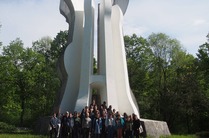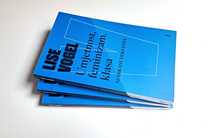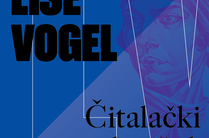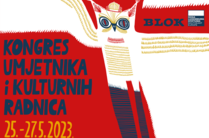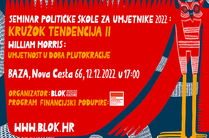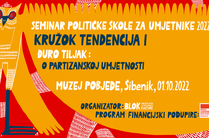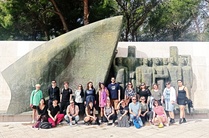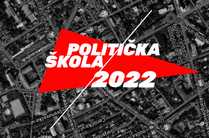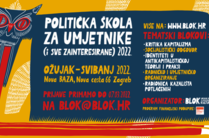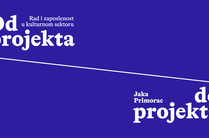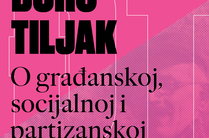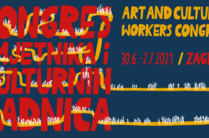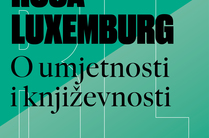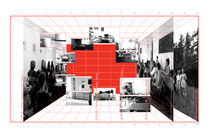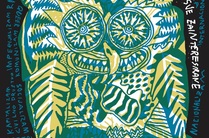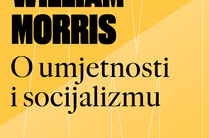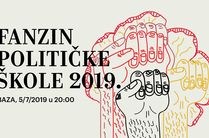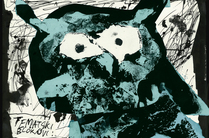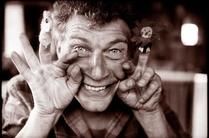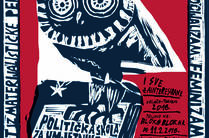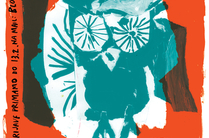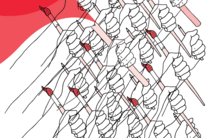POLITICAL SCHOOL FOR ARTISTS (AND ALL INTERESTED) 2018
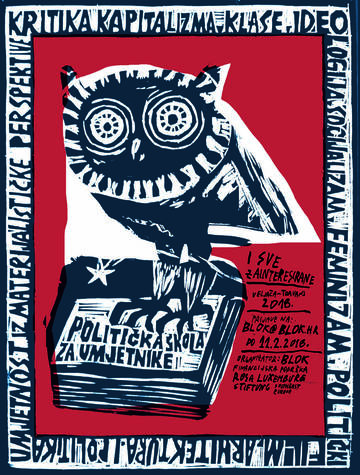
The Political School for Artists (And All Interested) was established in 2016, this being its third iteration. The motivation to set up a continuous curriculum of such a profile is twofold: on the one hand, it is a reaction to the contemporary transformations in the field of education, art education in particular, and on the other hand a reaction to the transformations in the political field and the consequences of its restructuring on art.
In the 20th and 21st century alike, art has been characterized by constant tensions owing to its relationship with politics and political organizing. Politics and political organizing have been taken over by activism these days, due to the broader processes of ‘discrediting’ the Left throughout the 20th century. The pressure of the necessity for direct action has done away with political education, once a constituent part of political organizing from below. Although art institutions have never recognized the need for the political and social education of artists, artists themselves have gained access to such knowledge by participating in the political movements that invested in the education of their members. Contemporary activism in art, as well as activism in general, is exhausted in spontaneous rebellions, which are often entirely individualized in their nature, predominantly within the institution of art, which remains unquestioned. It is only natural to conclude that, following the discussion spanning 20 centuries, the predominant perception of art is that of an area free from social divisions. The fact should come as no surprise if we take a look at the political landscape, bearing in mind the development of art education. It flip-flops between conservative mastery and the liberal postmodern approach, the latter playing a crucial role in the academization of artistic discourses. The absence of systemic education based on insights from political and social sciences is furthered by the latest neoconservative tendencies, most visible in high school education.
COURSE OF STUDY
Session 1: Critique of Capitalism (23 – 25 February 2018)
Mira Bogdanović: The Emergence and Development of Capitalism
Stipe Ćurković: Classes and Class Theory
Ivana Perica: On Art (And) Ideology
Vesna Vuković: The Privatization of Culture (field lecture)
Session 2: Return of the Socialist Vision (23 – 25 March 2018)
Nikola Vukobratović: Socialism and the Birth of Mass Politics
Andreja Gregorina: Socialist and Marxist Feminism
Krešimir Zovak: Socialist State and Its Contradictions
Ana Kutleša: Artistic Production in Socialist Yugoslavia (field lecture)
Session 3: The Politics of Art and Culture (20 – 22 April 2018)
Goran Pavlić: The Emergence of the Institution of Art
Srđan Kovačević and Tena Gojić: What Does Political Cinematography Have to Say?
Emil Jurcan: The Political Form of Architecture
Ivana Hanaček: Materialist Perspective in Art History (field lecture)
The program is financially supported by the Rosa Luxemburg Stiftung Southeast Europe.
